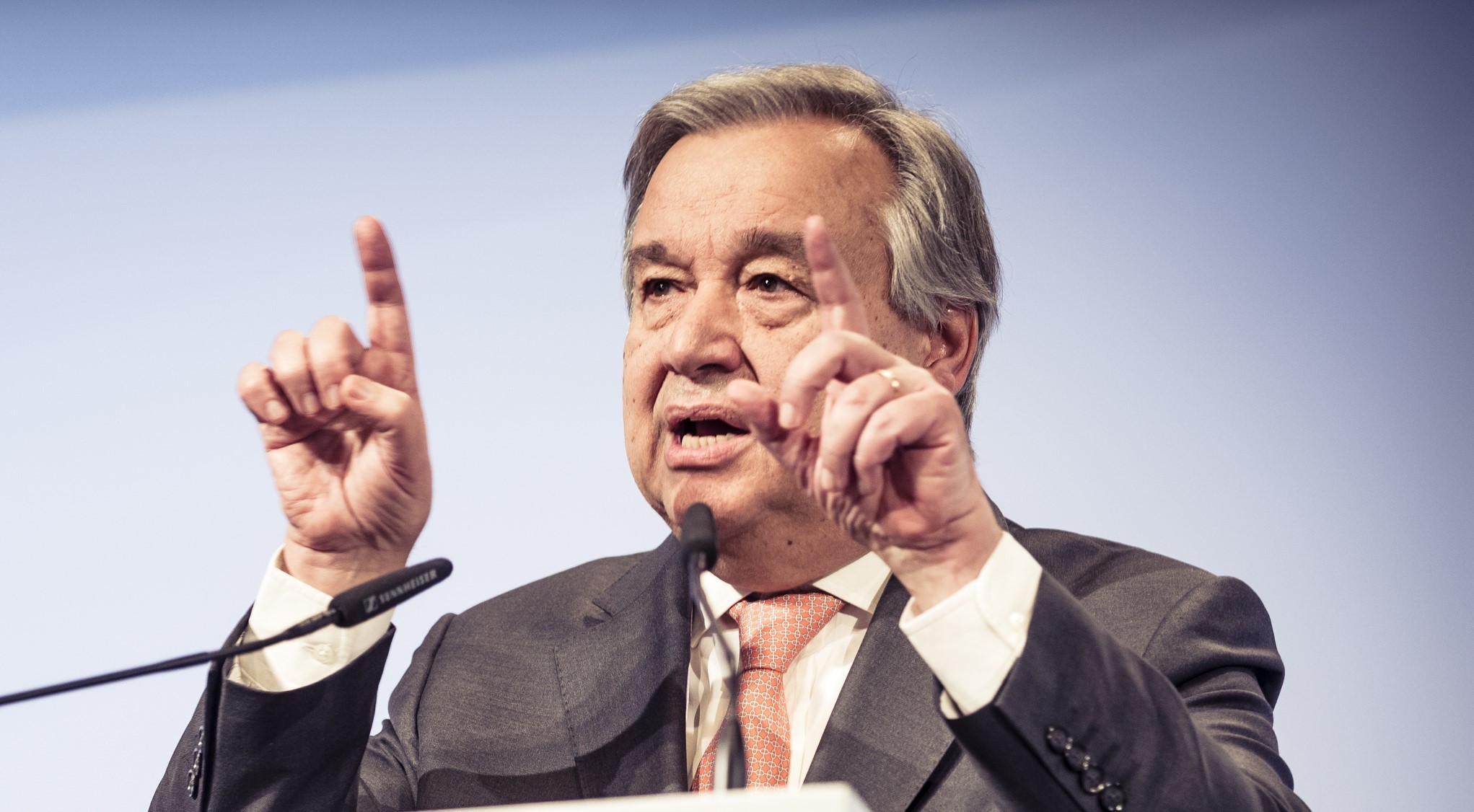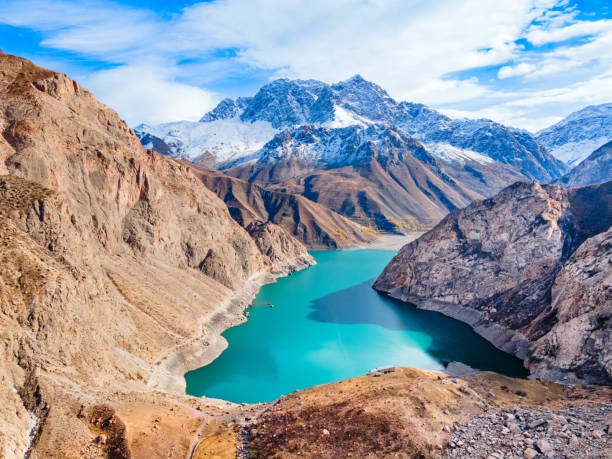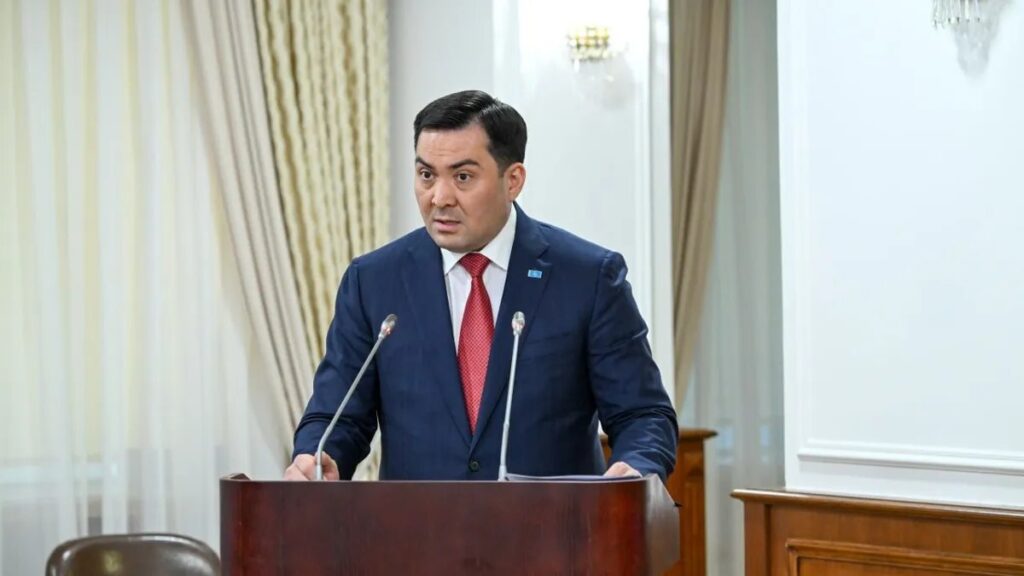This week, U.N. Secretary-General Antonio Guterres is in Central Asia, where he will call for peace at a time of heightened international tension.
Guterres arrived in Uzbekistan on the weekend and will also travel to Kyrgyzstan, Kazakhstan, Tajikistan and Turkmenistan. He´ll be in the Kazakh capital of Astana on Thursday to address the summit of the Shanghai Cooperation Organization (SCO), a regional group that was founded in 2001 by China, Russia and several Central Asian countries.
The SCO is a forum for discussion of security, economic and political issues that is viewed in some circles as a counter to Western power and alliances, although Central Asian countries also have longstanding ties with Europe and the United States.
Guterres will highlight “our common commitment” to multi-lateralism, international law and human rights, and is ”also expected to underscore that today’s deep global divisions are preventing countries from coming together to resolve the two serious threats emerging from climate change and digital technologies,” United Nations spokesman Stéphane Dujarric said in New York on Friday.
Guterres delivered a similar message at last year’s SCO meeting, which was hosted via video-conference by India. The U.N. chief said divisions and geopolitical tensions were growing even as the need for countries to work together was becoming more urgent.
Delegates at last year’s SCO meeting mostly avoided direct references to Russia’s war against Western-backed Ukraine, a major source of geopolitical tension that has disrupted food and fuel supplies to many countries. China-West tensions are also on the rise.
The SCO’s members are China, Russia, Kazakhstan, Kyrgyzstan Tajikistan, Uzbekistan, Iran, India and Pakistan. Belarusian President Alexander Lukashenko, a close ally of Russian President Vladimir Putin, has said he expects Belarus to become a new member of the group at the Astana meeting.









